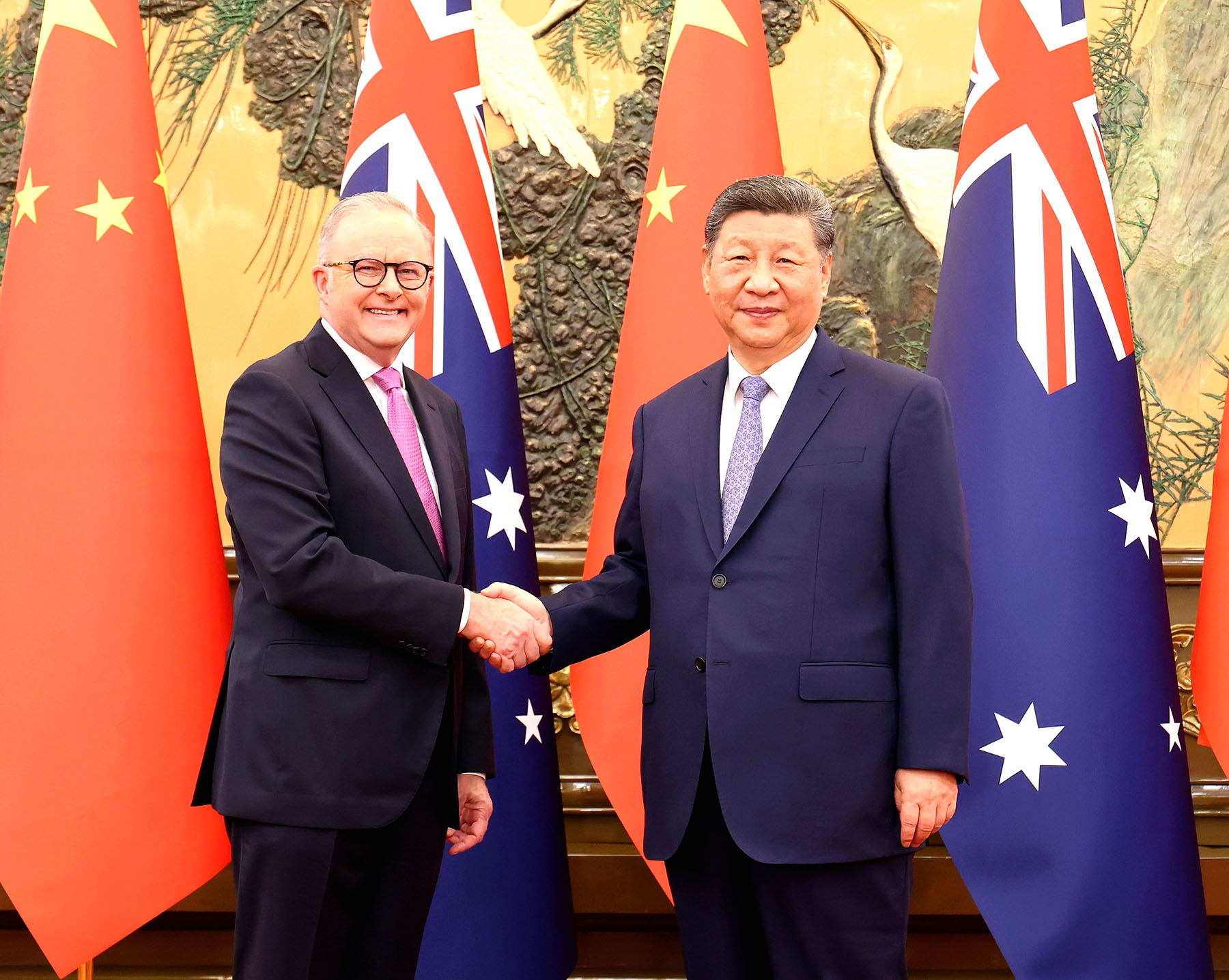
Richard Javad Heydarian, Professorial Chairholder in Geopolitics, Polytechnic University of the Philippines
Aug 08, 2025
The second Trump administration’s trade policies and assertive defense diplomacy have unsettled key Asian allies, straining some relationships while drawing others into deeper military cooperation. This approach has raised concerns about diminishing strategic autonomy among U.S. partners and the potential for pushing them closer to China.
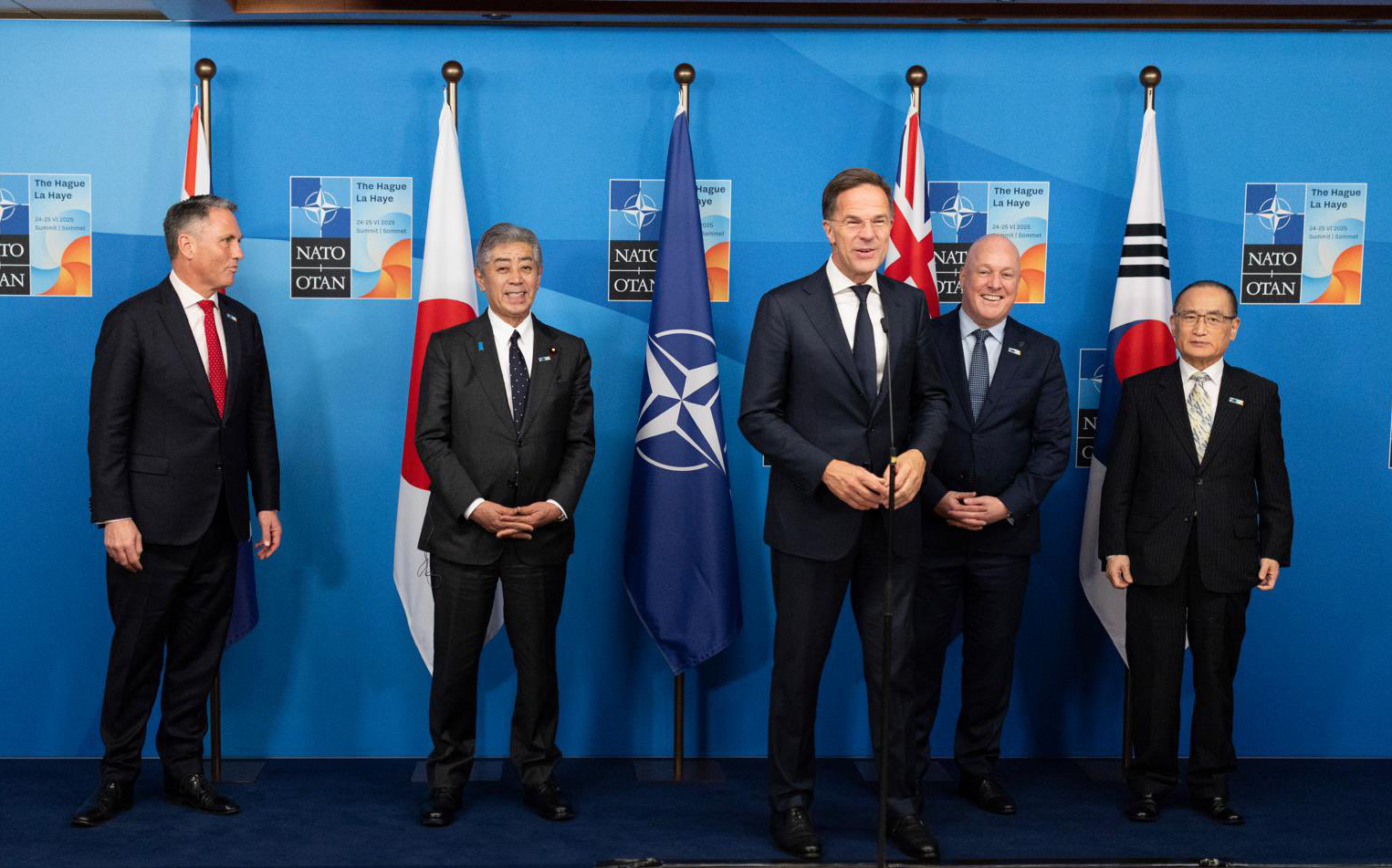
Ghulam Ali, PhD, Monash University, Australia
Aug 08, 2025
In the post-World War II period, the US maintained nearly uncontested supremacy over the vast Asia-Pacific region. Under the San Francisco System, or the ‘Hub and Spokes’ architecture, the US established military alliances, provided economic assistance, and proactively engaged with the region. The strategic foundation of US policy relied on both bilateral and multilateral defense agreements, such as those with Japan (1951), South Korea (1953), the Philippines (1951), Australia, New Zealand (collectively known as ANZUS, 1951), and Thailand (1954).
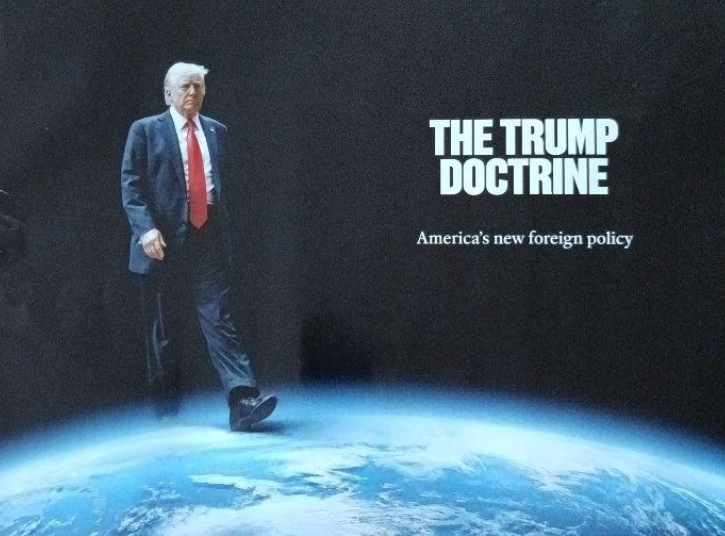
Melanie W. Sisson, Senior Fellow in the Foreign Policy Program, Brookings Institution
Jul 18, 2025
US Vice President J.D. Vance recently tried to cast President Donald Trump’s strikes on Iran’s nuclear infrastructure as a wildly successful example of the “Trump Doctrine.” According to Vance, the doctrine is simple: you identify a problem that threatens US interests, which “you try to aggressively diplomatically solve.” If diplomacy fails, “you use overwhelming military power to solve it and then you get the hell out of there before it ever becomes a protracted conflict.”
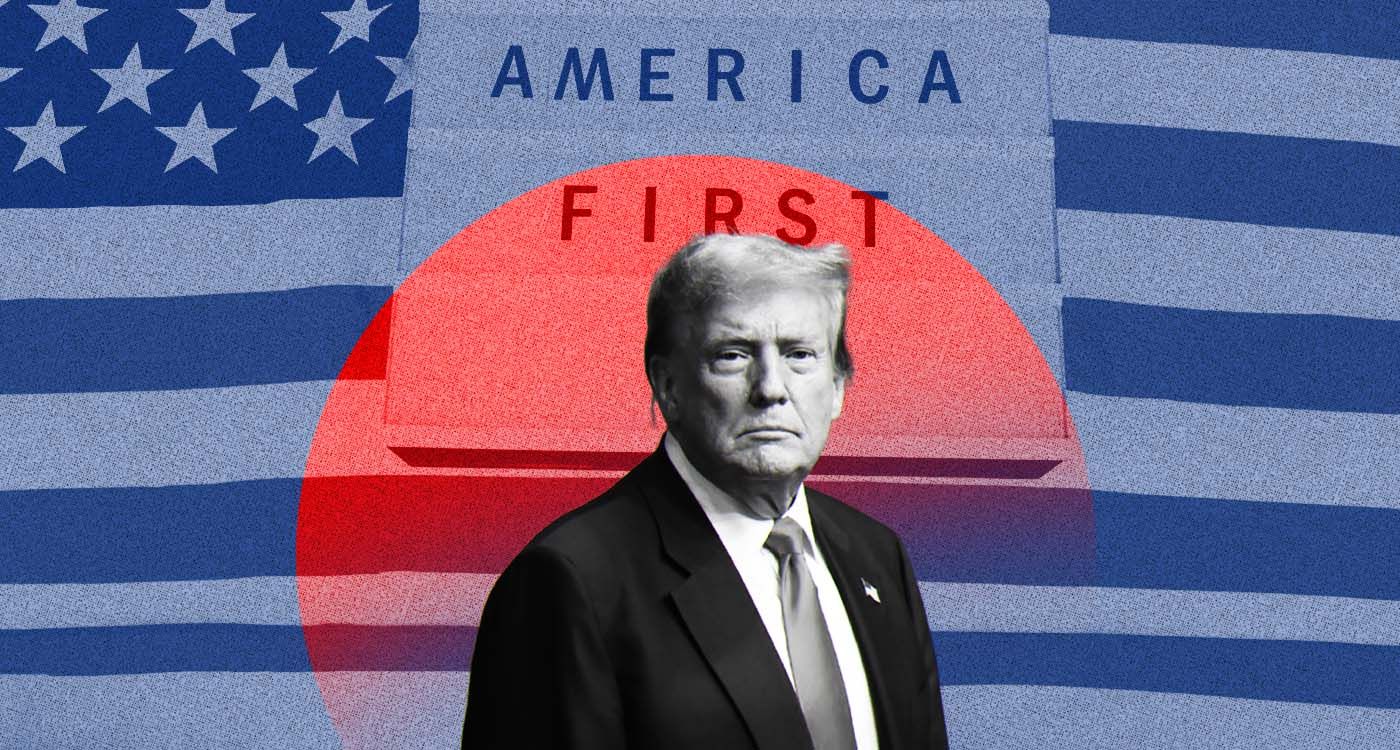
Zhang Wenzong, Associate Research Fellow, CICIR
Jul 18, 2025
China-U.S. competition is fueled by overall national strength. In addition to growing its own hard and soft power, it should pay attention to the evolving politics in the United States, as well as the changes in attitude by U.S. allies, and work to create a united front around the world.
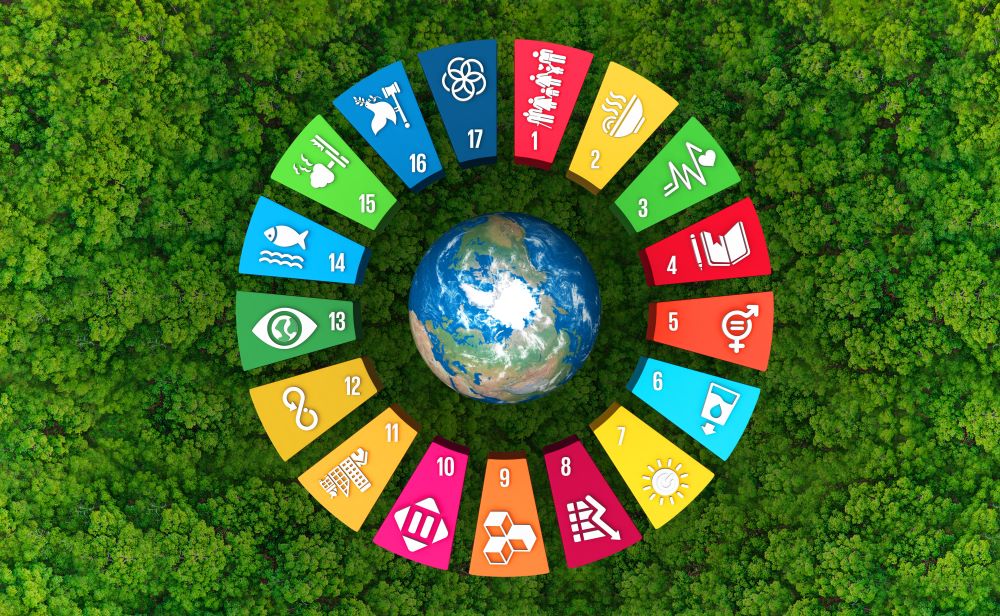
Zhou Xiaoming, Former Deputy Permanent Representative of China’s Mission to the UN Office in Geneva
Jun 18, 2025
Imperialist, exploitative and egocentric — these words describe U.S. policy on the Global South. The policy is deeply ingrained in Trump MAGA agenda, but it’s a loser in the long run.

Dong Yifan, Associate Research Fellow, Belt and Road Academy of Beijing Language and Culture University
Jun 02, 2025
The European establishment has ramped up its efforts to counter far-right forces, a move that will profoundly shape transatlantic relations in the Trump 2.0 era.
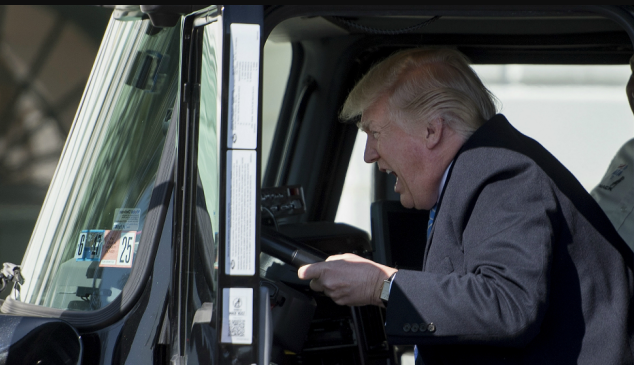
Wang Zhen, Professor and Deputy Director, Institute for International Relation Studies, Shanghai Academy of Social Sciences
Jun 02, 2025
The Trump administration’s confused and misplaced understanding of its own national “interests” and “threats” will not only fail to help resolve the enormous domestic challenges facing the United States but will lead it further down the wrong track.
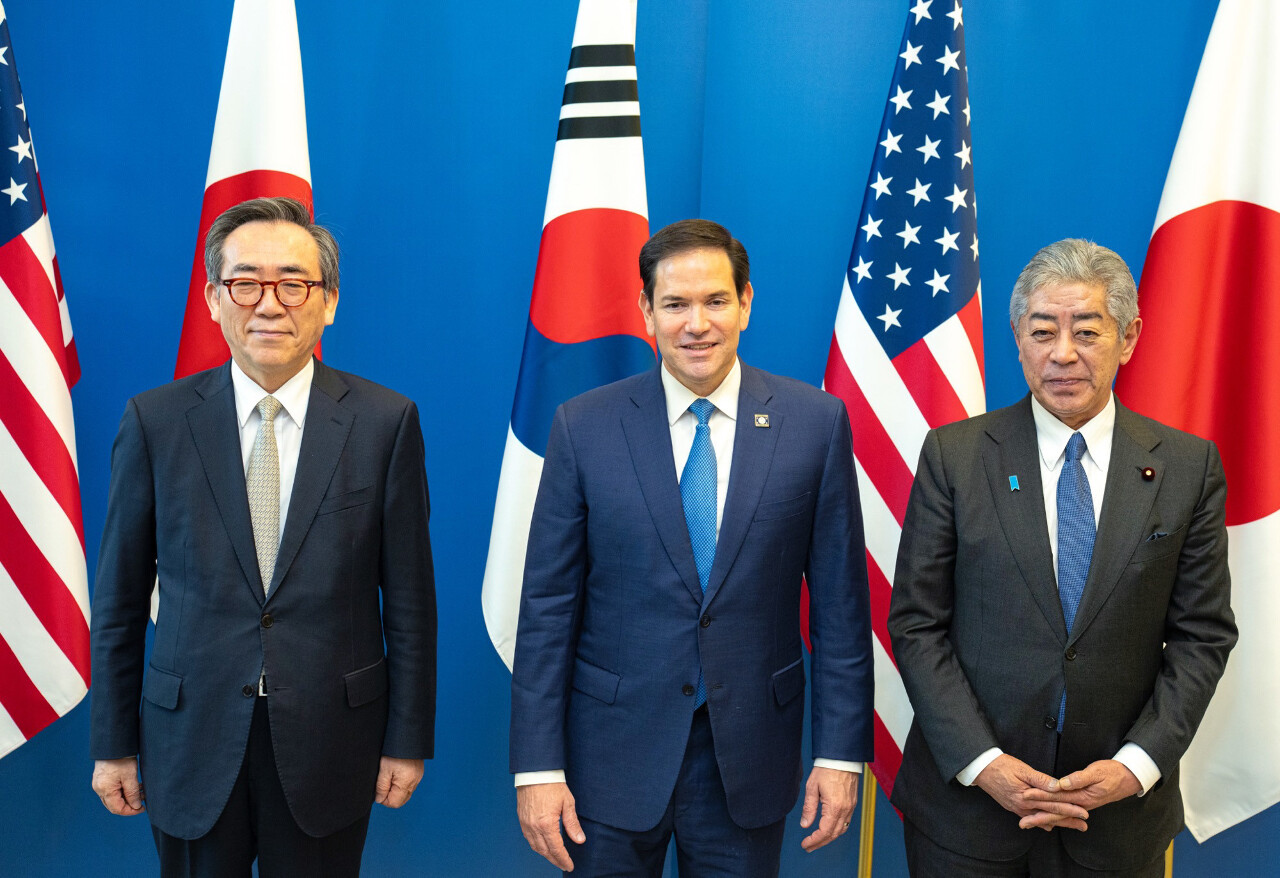
Richard Weitz, Senior Fellow, Hudson Institute
May 14, 2025
With U.S. encouragement, Northeast Asia has seen unprecedented cooperation between Japan and South Korea in recent years. But rising economic frictions, domestic political changes in Japan and especially South Korea, and evolving U.S. global priorities could impede or even reverse recent gains.
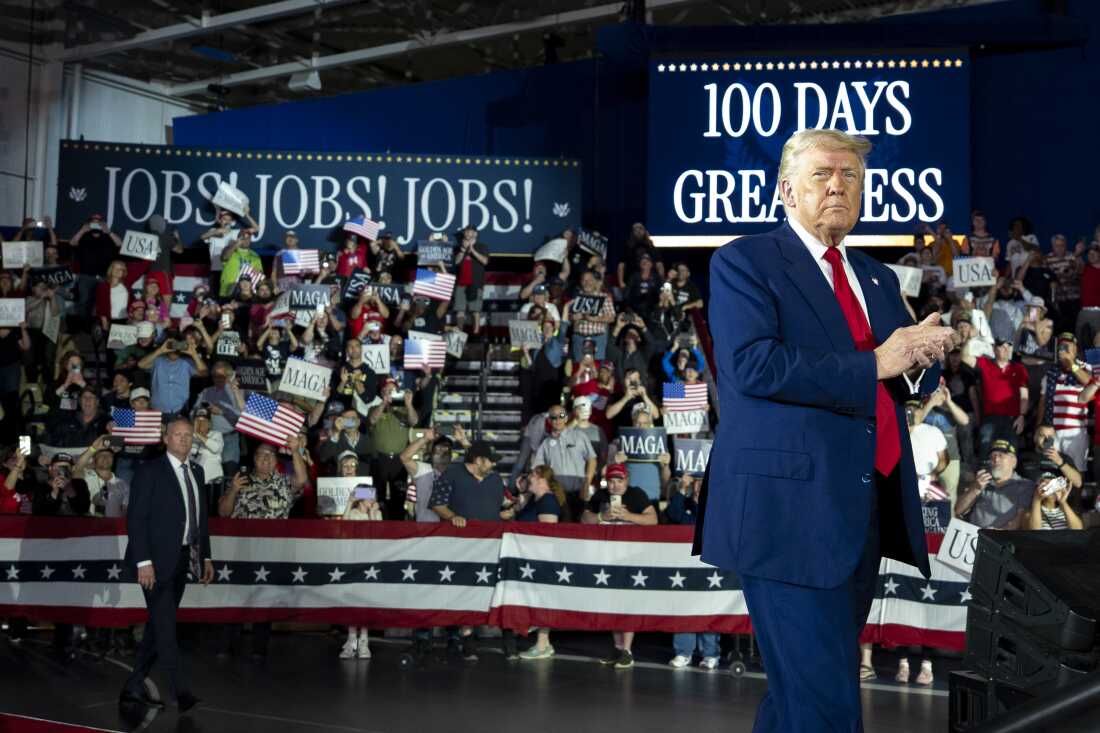
Li Yan, Director of President's Office, China Institutes of Contemporary International Relations
May 09, 2025
The extreme radicalism of the U.S. president’s thinking, coupled with the chaotic nature of his policies and their implementation, has significantly accelerated fragmentation and may even precipitate the collapse of the global governance structure.
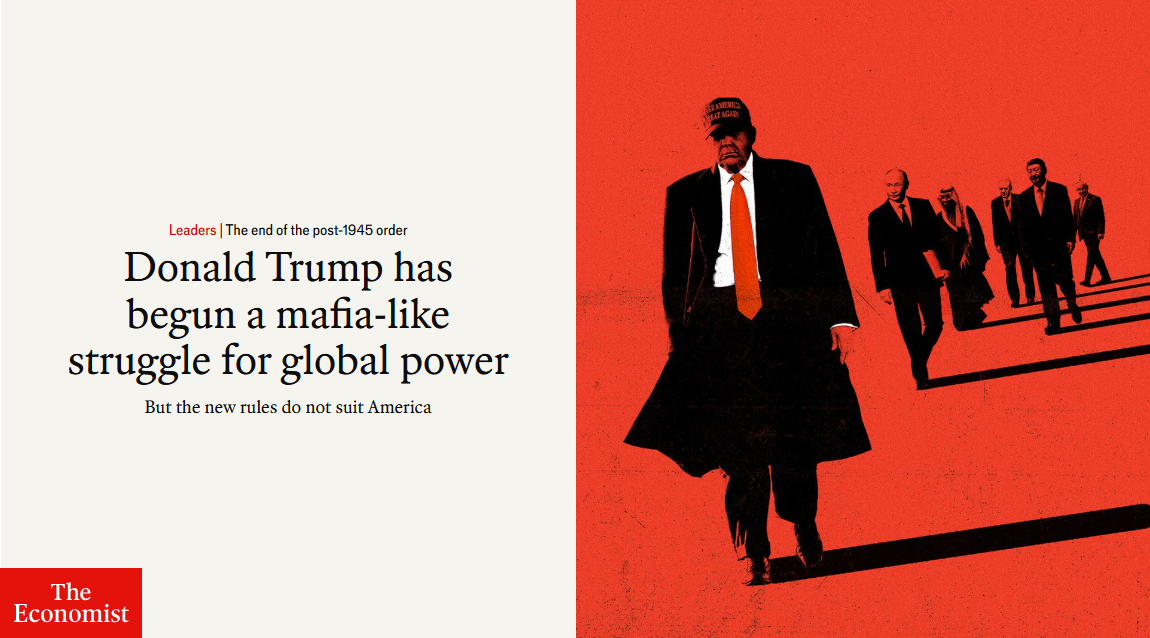
Jade Wong, Senior Fellow, Gordon & Leon Institute
May 08, 2025
Arbitrary policies introduced by the U.S. president have accelerated a shift of the international order and introduced new dynamics to relations between major powers. Most countries are reluctant to follow Trump’s lead because they have little to gain by doing so. Several are quietly thinking about ways to turn his disruptions into opportunity.
Back to Top

- China-US Focus builds trust and understanding between the U.S. and China through open dialogue among thought leaders.
- Our Offerings
- Topics
- Videos
- Podcasts
- Columnists
- Research Reports
- Focus Digest
- Stay Connected
-
Thanks for signing up!
- Get the latest stories from China-US Focus weekly.